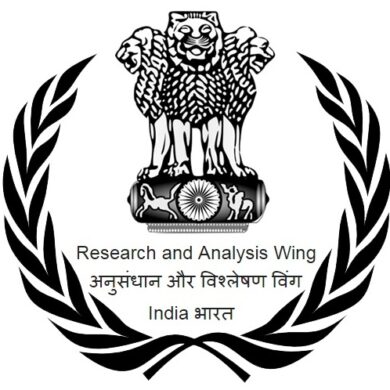President Arif Alvi on Wednesday once again returned a bill to the Parliament seeking to limit powers of the chief justice of Pakistan regarding constitution of benches and suo motu notices.
“The matter of competency of legislation and validity of the bill is subjudice now before the highest judicial forum of the country. In deference to the same, thereto no further action is desirable,” he said in his reply.
The federal cabinet accorded approval to the bill on March 28 which afterwards passed by the National Assembly and Senate. In a first place, the president sent back the bill to the Parliament saying the legislation travelled “beyond the competence of parliament”.
However, a joint session of parliament passed it again on April 10 with certain amendments amid a noisy protest by PTI lawmakers. It was then again referred to the president for his approval.
If the president did not sign the bill within 10 days, the bill would automatically become an Act in line with the Constitution.
The apex court had already constituted an eight-member bench of the court which stayed the implantation of the law once it became an Act.
“The moment that the bill receives the assent of the president or it is deemed that such assent has been given, then from that very moment onwards and till further orders, the act that comes into being shall not have, take or be given any effect nor be acted upon in any manner,” read the SC’s interim order.
The apex court’s pre-emptive move has received criticism from the ruling coalition at the Centre. The federal government has also raised objections to the eight-member bench that has taken up the matter, terming it “controversial and unilateral”, and so has the Pakistan Bar Council.
The bill does not only limit the powers of the chief justice of Pakistan but also grants the right to file an appeal within 30 days of a verdict in the suo motu case.
The bill seeks to allow former prime minister Nawaz Sharif and other parliamentarians disqualified by the Supreme Court under suo motu powers to appeal their disqualification within 30 days of the law’s enactment.



